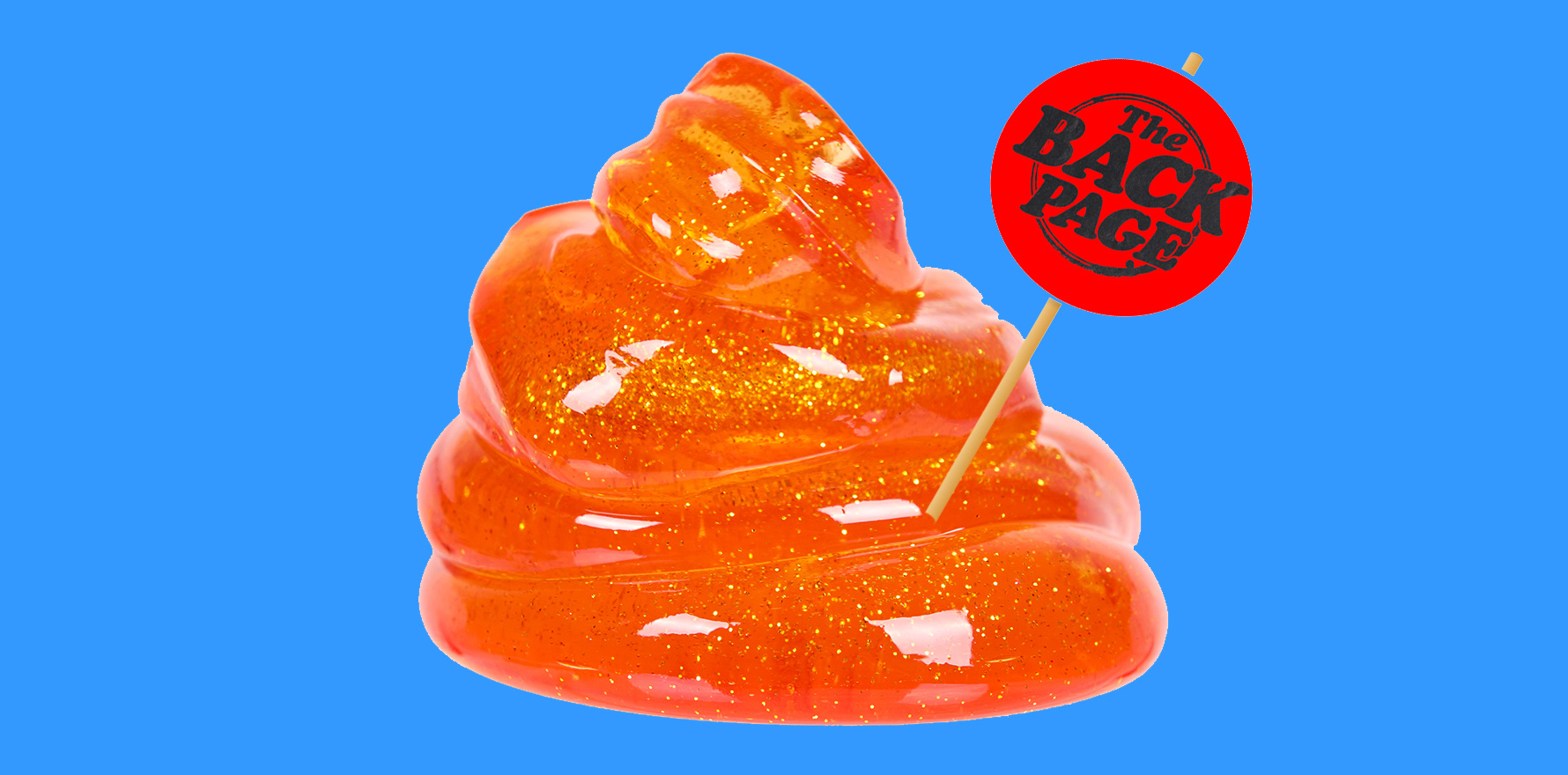There are some avenues of research that just beggar description.
Dear reader, I should warn you.
If you are eating, particularly if what you are eating is somewhat … ah … slippery … either stop now or go read something else. You have been warned.
Personally, I was munching on my morning granola, liberally slathered with some Norwegian probiotic yoghurt-y substance which, frankly, suddenly became rather difficult to swallow.
I’ll get right to the nub of the matter – it’s gut slime. I’m going to be talking about gut slime.
Turns out, that stuff that makes poo slippery is reeeeeally useful.
Researchers from the University of British Columbia in Canada have discovered that the mucus in our digestive system, which eventually becomes part of our poo, is an overlooked information source.
Dr Kirk Bergstrom and his team discovered a non-invasive technique to study MUC2, a critical gut protein, from what we leave behind in the bathroom.
“MUC2 is like the silent star in our guts,” said Dr Bergstrom, perhaps overselling it just a tad.
“It’s constantly working to protect us, and its proper functioning is crucial for our overall health. It was originally thought that you could only access this important molecule from biopsies or tissue removed via surgery – highly invasive and painful procedures.
“However, our study shows mucus is actually a part of our stool, meaning we can get at it painlessly and at levels we could not before. Anytime we can do analysis non-invasively, it’s a win.”
Who knew probing turds could count as a win, eh?
Officially it’s called “faecal-adherent mucus”.
MUC2, a glycoprotein with many sugar chains attached, forms a protective barrier in our intestines in the form of mucus, safeguarding our gut from harmful microbes and toxins and playing a crucial role in digestive health.
Understanding MUC2 better could lead to significant advancements in managing and preventing gut-related diseases, impacting the day-to-day wellbeing of millions, say the researchers.
“We can use these new methods to visualise mucus-microbiota interactions and how they go wrong in various diseases, like inflammatory bowel diseases and colon cancer,” Dr. Bergstrom said.
“The sugars on the mucins also carry lots of information on the health status of the colon.”
Happy days.
“What do you do for a living, Daddy?”
“Why, I scrape the slime off poo, darling, so I can keep you in Disney+ subscriptions and Tay Tay tickets.”
Happy, happy slimy days.
Send story tips about literally anything else to penny@medicalrepublic.com.au.


